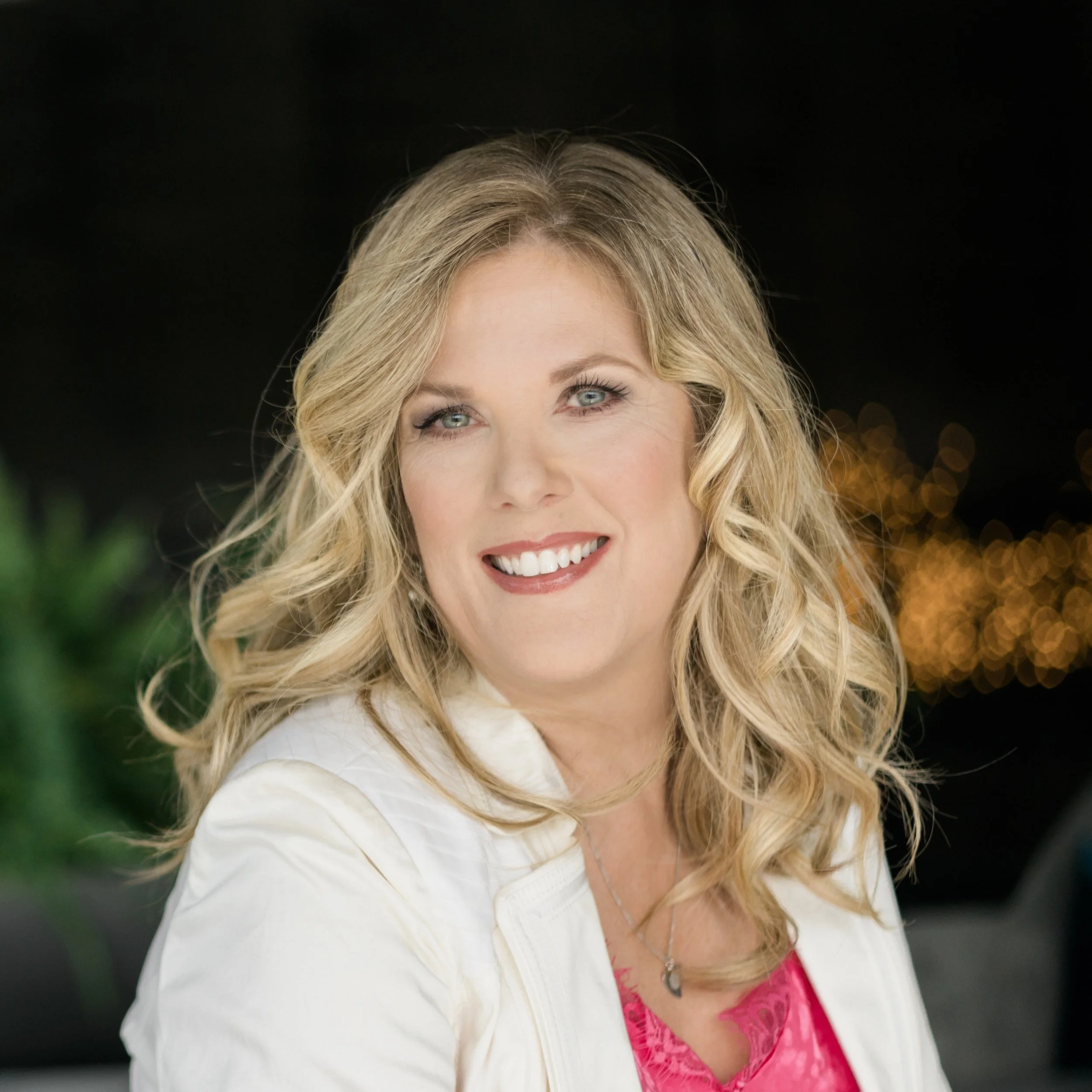Welcome to our new blog series highlighting the invaluable research contributions of our parent partners!
Parents of children with brain-based developmental disabilities are an essential part of our community of partners with lived and living experience (PWLEs). Their unique insights, both as parents and users of the health care system, allow CHILD-BRIGHT, as a patient-oriented research (POR) network, to ask research questions that matter, design projects with real-world impact, and improve the lives of children with disabilities and their families.
Today, we’re proud to introduce Brenda Blais, one of CHILD-BRIGHT's newest parent partners and a proud advocate for POR.
Brenda Blais
CHILD-BRIGHT parent research partner
Joined the network in 2023
Brenda’s passion for disability research stems from years of supporting loved ones. In her own words, she’s “a lifelong caregiver.”
Growing up, Brenda helped take care of her older brother, who was born with physical and cognitive disabilities: “Back then, I never thought of myself as a caregiver. I was just a sister, helping my mom look out for him.” Later in life, she also advocated for her father, a World War II veteran who suffered both physical and cognitive changes following a stroke. “He lived out of province and was stunned at my ability to advocate at a distance,” recalled Brenda, smiling. “I was able to get him all the supports he needed until he passed away 8 years ago at the age of 92.”
When her daughter Nikki was born, Brenda found herself taking on a caregiving role in a whole new way. At birth, Nikki wasn’t breathing, and the lack of oxygen caused severe and irreversible brain damage that resulted in multiple disabilities. “She was never able to walk, talk, or feed herself,” said Brenda. “But she could communicate in the most endearing ways. She was a light and a magnet everywhere she went.” Nikki quickly became her greatest motivator, teacher, and source of inspiration.
As her daughter received medical care, Brenda began to encounter research engagement opportunities. Having previously managed medical offices for clinicians and researchers, she recognized that her professional background, combined with her experience navigating the health care system, made her an ideal partner. Brenda was also heartened to see a shift toward POR. “I hoped that our lived experience would help others down the road,” she said.
Nikki passed away two and a half years ago, at the age of 29—surpassing her initial life expectancy by 15 years. “She filled my life with a purpose and passion, and that will never change,” said Brenda. One way of keeping her daughter’s legacy alive, she feels, is by remaining active in the research community.
In 2023, a fellow parent with lived experience referred Brenda to a study led by Eyal Cohen at the Hospital for Sick Children. Eyal also happened to be the co-principal investigator (co-PI) of the CHILD-BRIGHT research project Assessing and Developing an Adapted navigator role to support Parents during neonatal Transition (ADAPT), along with Julia Orkin. Through Eyal and Julia, Brenda went on to become a co-PI with CHILD-BRIGHT ADAPT.
PIs are typically researchers, but within POR networks like CHILD-BRIGHT, PWLEs are increasingly taking on such leadership roles. Having parent partners like Brenda at the forefront of a study is a groundbreaking step in the evolution of POR!
“It goes back to that saying, ‘Nothing about us without us.’”
From ADAPT, one opportunity led to another. In October, Brenda participated in the Knowledge Mobilization and Engagement webinar as part of the 2024 CHILD-BRIGHT Virtual Symposium. She also contributes to the network’s quarterly Theme Meetings.
Brenda is a firm believer in the importance of research, but that doesn’t mean the work is always easy: “Ethics delays during the ADAPT study were frustrating,” she shared. “I know that ethics can be a slow and laborious process, but it was still a challenge. I had to exercise patience.” She pointed out that, for PWLEs who are less familiar with the research process, these types of delays can be especially discouraging.
Brenda also noted that, while she’s happy that CHILD-BRIGHT has clear compensation guidelines for PWLEs, parent research partners like herself often still experience the burden of bringing up compensation with project teams. “There’s a power imbalance there,” she said. But she is appreciative of organizations like CHILD-BRIGHT that recognize the value that PWLEs can bring to research.
As of 2025, Brenda has been with CHILD-BRIGHT for almost two years, and she’s already seeing the effects of her work. “It’s really great to see how my lived experience has helped shape research in ways that will have the most impact on those who will benefit!” she said.
Brenda’s dedication to brain-based developmental disability research is only growing. She recently completed the Family Engagement in Research Course at McMaster University and will be presenting her group project on ableism in research at the EACD & IAACD conference in Germany this June. What’s more, Brenda has several new opportunities lined up for the new year, including teaching positions. She’s also the new Co-Chair of the Canadian Caregivers Advisory Network (or Caregivers CAN), which aims to build and advocate for a better future for caregivers. “I continue to do what I do because of Nikki and all that she taught me,” she concluded with a smile.



